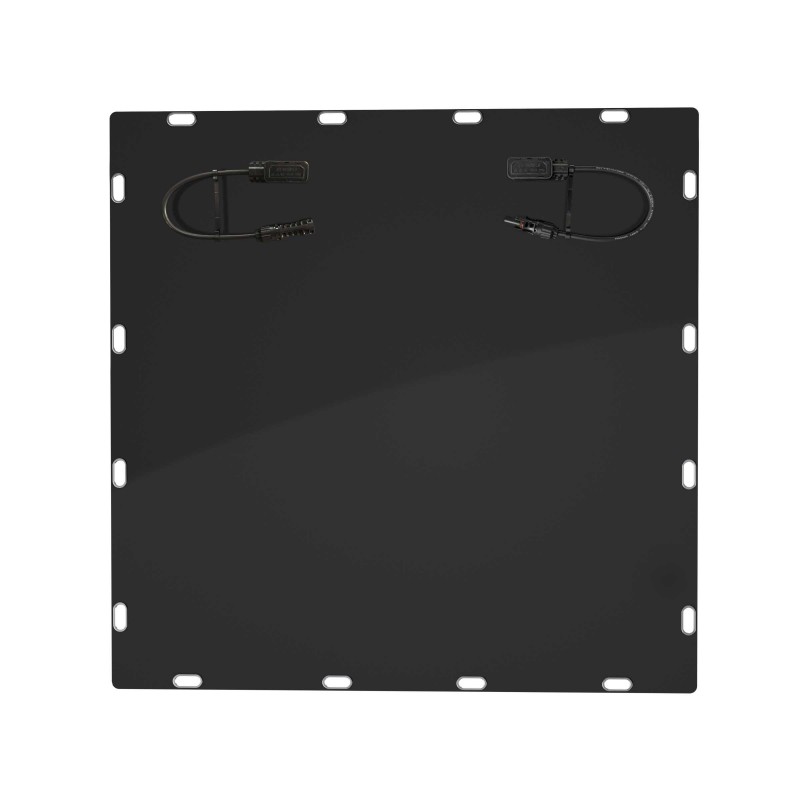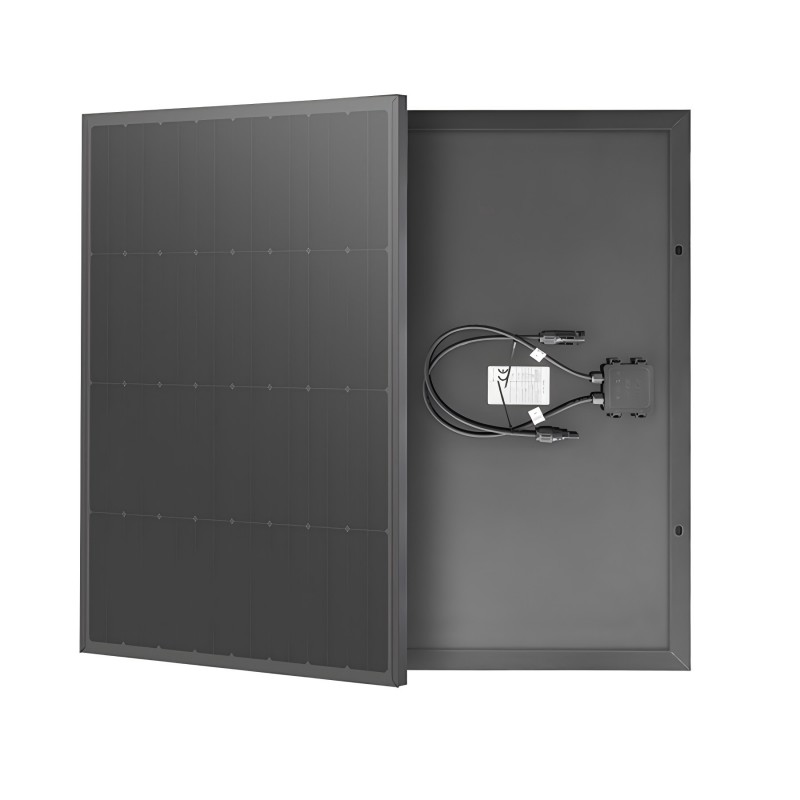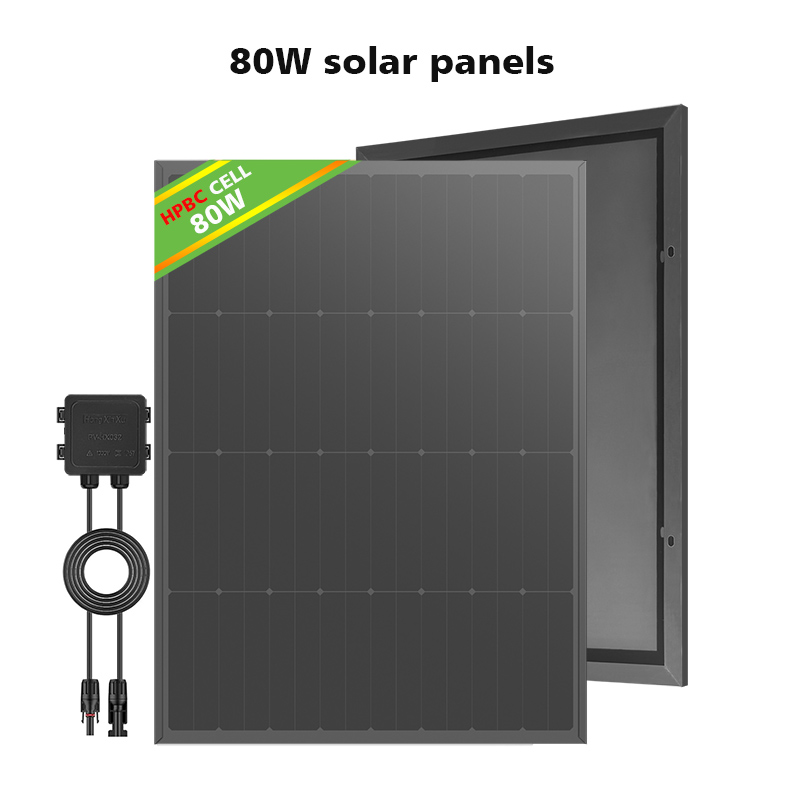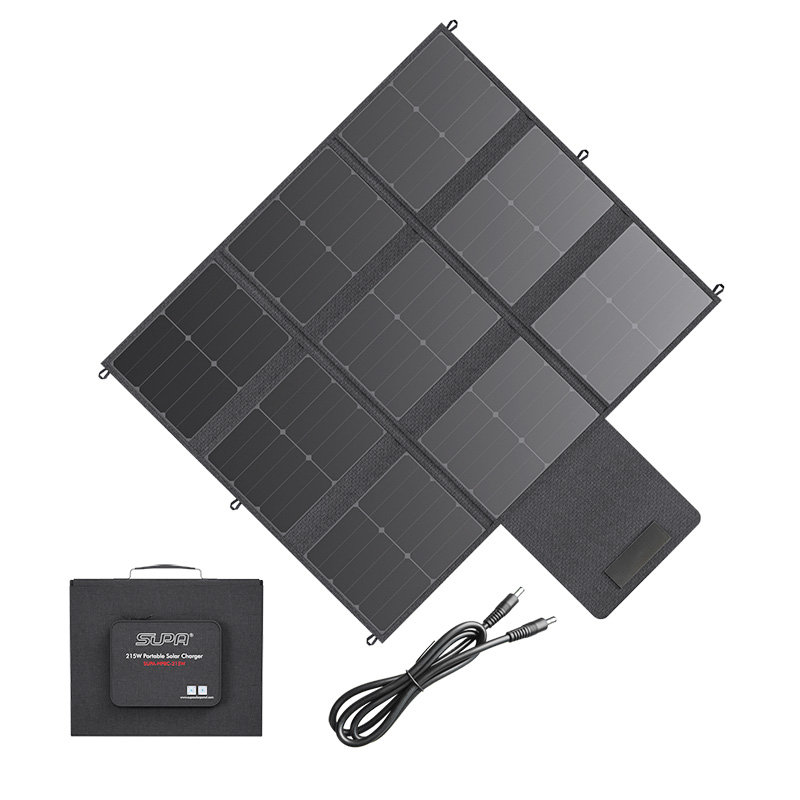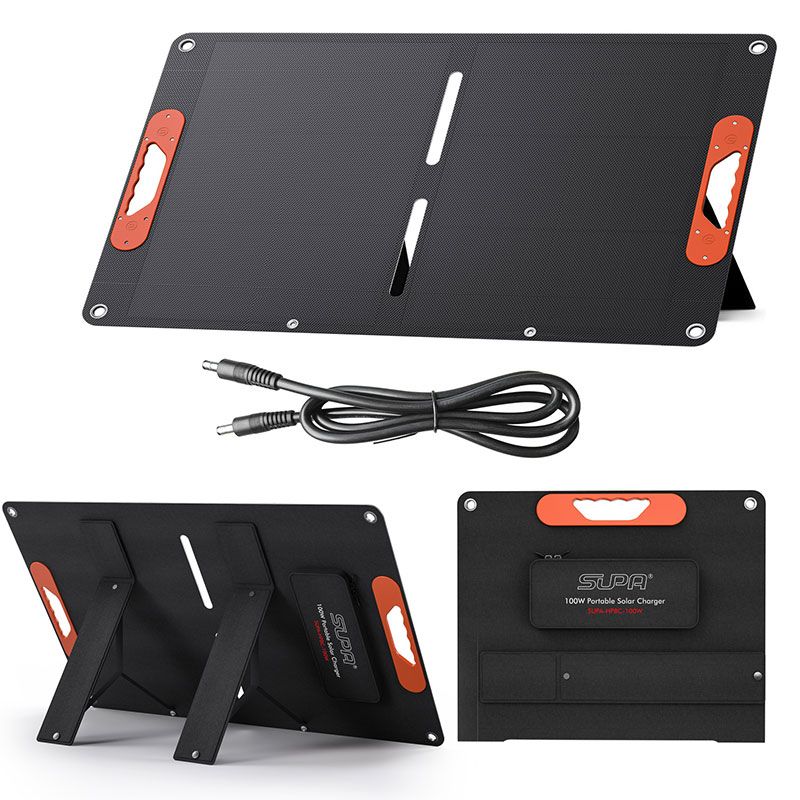Company News
In recent years, solar energy has become an essential part of off-grid travel and sustainable marine life. Whether you're cruising in your RV through the mountains or sailing offshore on your boat, having a reliable source of power is critical. Among the various options available, the 130W flexible solar panel stands out for its portability, adaptability, and cost-efficiency. But is it enough to meet your daily energy needs?
In this article, we’ll explore the capabilities of a Supa 130W flexible solar panel and help you determine if it’s the right fit for your RV or marine lifestyle.
Why Choose a 130W Flexible Solar Panel?
A 130W panel strikes the perfect balance between portability and power generation. It’s not too bulky to install on smaller curved surfaces (like RV roofs or boat decks), yet it provides a decent wattage to keep essential devices running. The Supa 130W flexible solar panel is designed for mobile applications. With its lightweight build, thin-film design, and bendable structure, it can easily conform to uneven surfaces—ideal for curved rooftops, camper shells, or boat decks.
Key Advantages of Supa’s Flexible Panel:
Ultra-lightweight and thin for easy installation
High-efficiency monocrystalline cells
IP67 waterproof junction box and connectors
UV-resistant ETFE surface for durability
Withstands extreme marine and outdoor environments
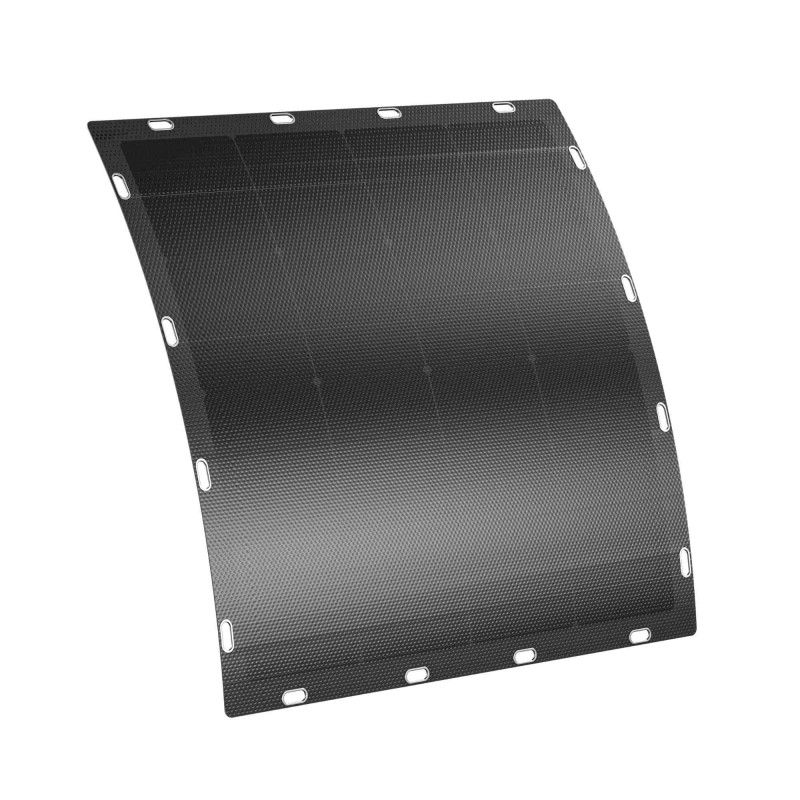
What Can a 130W Flexible Solar Panel Power?
Let’s break down what you can realistically expect from a 130W flexible solar panel for RV or boat use.
On average, a 130W panel can generate 500–650Wh per day, depending on sun exposure and location. This output is enough to power:
LED lighting
Charging phones, tablets, or small electronics
Running a 12V water pump for short periods
Powering a small fan
Maintaining battery charge levels
For RV Owners: A single Supa 130W solar panel can keep your house battery topped off during the day, especially if you're only running essential loads. Pairing it with a solar charge controller and a 100Ah lithium battery improves system stability and storage efficiency.
For Boat Users: On small to mid-sized boats, this panel can handle your basic navigation lighting, communication radios, GPS, or keep the starter battery fully charged while at anchor.
When Is 130W Not Enough?
While 130W can support light loads and energy maintenance, it's not ideal if you run:
Refrigerators or freezers continuously
Electric cooktops or coffee makers
High-draw appliances like microwaves or air conditioners
Multiple devices at once for extended periods
If your energy needs are higher, consider using multiple Supa 130W panels in parallel, or upgrade to a higher wattage Supa solar solution (like a 200W+ system).
How to Maximize Performance from Your 130W Panel
To ensure your Supa panel delivers peak output, follow these tips:
Install at the Right Angle: Maximize sun exposure by tilting the panel toward the sun during the day, if possible.
Keep It Clean: Dust, saltwater residue, or shading can significantly reduce efficiency.
Use a Quality MPPT Controller: A good solar charge controller improves charging efficiency, especially in variable light conditions.
Match with the Right Battery Bank: Pair with a compatible deep-cycle or lithium battery to store excess power for nighttime use.
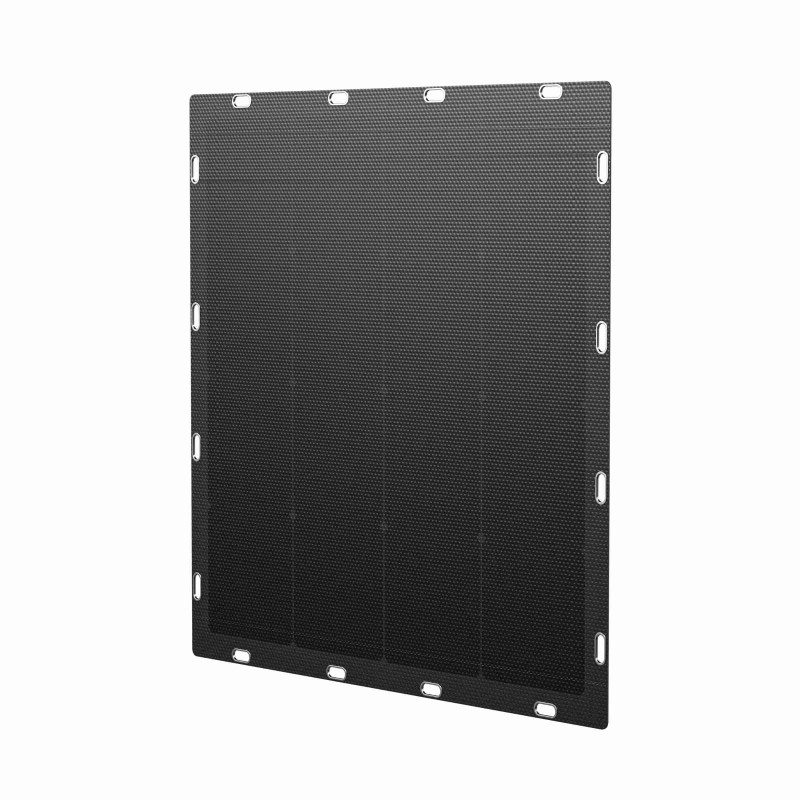
Why Supa?
As a trusted flexible solar panel manufacturer, Supa specializes in off-grid energy solutions tailored for mobile and marine applications. Supa’s 130W flexible solar panel is built for adventure—rugged, weatherproof, and highly efficient.
What Sets Supa Apart:
Over 10 years of R&D in solar materials and design
Certified IP67 waterproofing and corrosion-resistant coatings
ETFE-laminated surfaces for longevity and self-cleaning
Strict quality control and international certifications
Supa panels are not only reliable for RV solar panel setups, but they’re also built to survive long-term use at sea, where durability and energy efficiency are mission-critical.
Conclusion: Is 130W Enough?
Yes—a Supa 130W flexible solar panel is enough to handle essential energy needs for lightweight RV and boat setups. If you travel light, need to charge small devices, or maintain battery levels while off-grid, it’s a smart and compact solution. For heavier power consumption, consider scaling your solar array by adding more panels.

